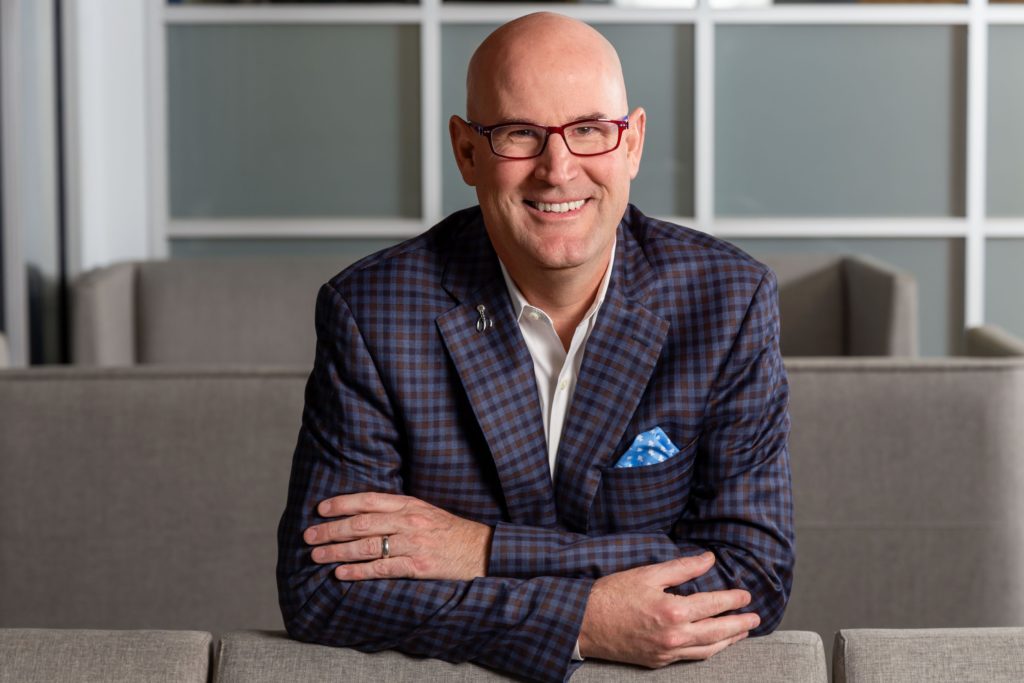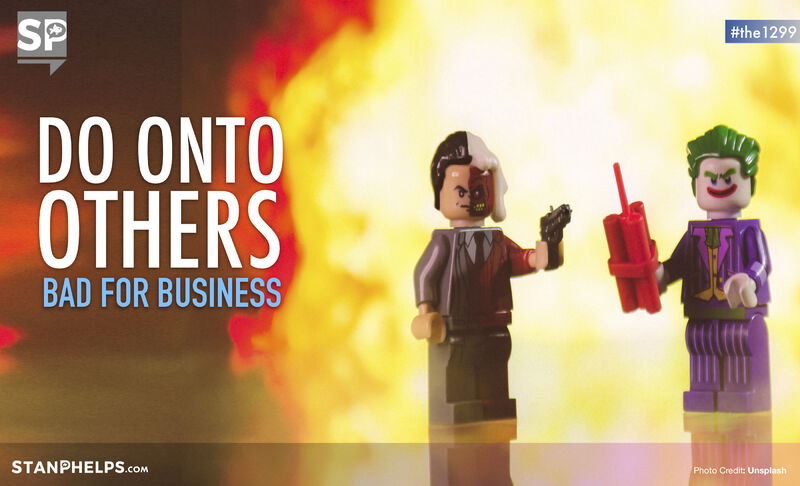“Do unto others’ or ‘Treat unto others like you want to be treated’ is not good enough to meet consumers’ expectations anymore. And the sooner we understand and embrace that, the better off we’re going to be. Particularly in this new economy we’re in today.”
That’s not my words. That’s from Kurt Reisig, Chairman at American Pacific Mortgage in the book “Diamond Goldfish.” I couldn’t agree with him more. Unfortunately, in sales and managing relationships, the Golden Rule is a bad rule.
Here’s why: In most sales organizations, an acceptable conversion rate is about 25 percent, which means that only one out of every four opportunities converts into a sale. Because you were taught to follow the Golden Rule, it’s fair to assume you know what your clients want based on what you would want if you were them.
TRUTH: They are not YOU.
Following the Golden Rule leads to suboptimal results. This is because not everybody wants the same thing or to be treated the same way. We always assume that if something is good for us, then it must be good for everyone else. And if we want to be treated in a certain way, then that must be how everyone else wants to be treated. Turns out, that assumption couldn’t be further from the truth.
SO, WHAT’S A BETTER APPROACH?
Some may say the Platinum Rule. The Platinum Rule shifts from “this is what I want, so I’ll give everyone the same thing” to “let me first understand what they want . . . and then I’ll give it to them.”
But, one of the challenges when completely focusing on the other person is that we can overlook how we’re feeling and reacting to a situation. For example, we may go into a meeting with the best of intentions to apply the Platinum Rule, but then something happens where we feel upset or disrespected or unheard, and then our capability to actually apply the Platinum Rule is interrupted.
The Diamond Rule takes the Platinum Rule to the next level. It combines the best elements of both Gold and Platinum. Said simply, the Diamond Rule is
“the art of managing yourself under pressure and addressing the needs of others to avoid their triggers”
The key here is understanding both our own biology as well as that of our prospects/customers. Treating someone the way they want to be treated is tricky enough under normal circumstances—but what happens when things start to get heated? In the words of Mike Tyson, “Everyone has a plan until they get punched in the mouth.”
Pressure can trigger a biological response that causes us to act in an unpredictable and irrational manner. Under pressure, our brain activates a hard-wired survival strategy every time it detects a perceived threat.
The Diamond Rule allows us to be true to ourselves and neutralize our biology in order to be capable of addressing the needs of others.
Follow me on Twitter or LinkedIn.

Stan Phelps walks the walk. He stands out in the sea of sameness by modeling his own Differentiated Experience (DX) message: Differentiation isn’t just about what you say, it’s about what you do and, more importantly, how and why you do it. Stan leverages his unique collection of 5,000+ case studies on customer, employee, and brand experience to engage audiences with informative learning-based experiences. He believes purposeful DX wins the hearts of employees and customers, and differentiation ultimately boosts loyalty, retention, referrals, and results.
Find Stan’s in-person and virtual keynotes, workshops, and Goldfish tank programs at StanPhelps.com.

